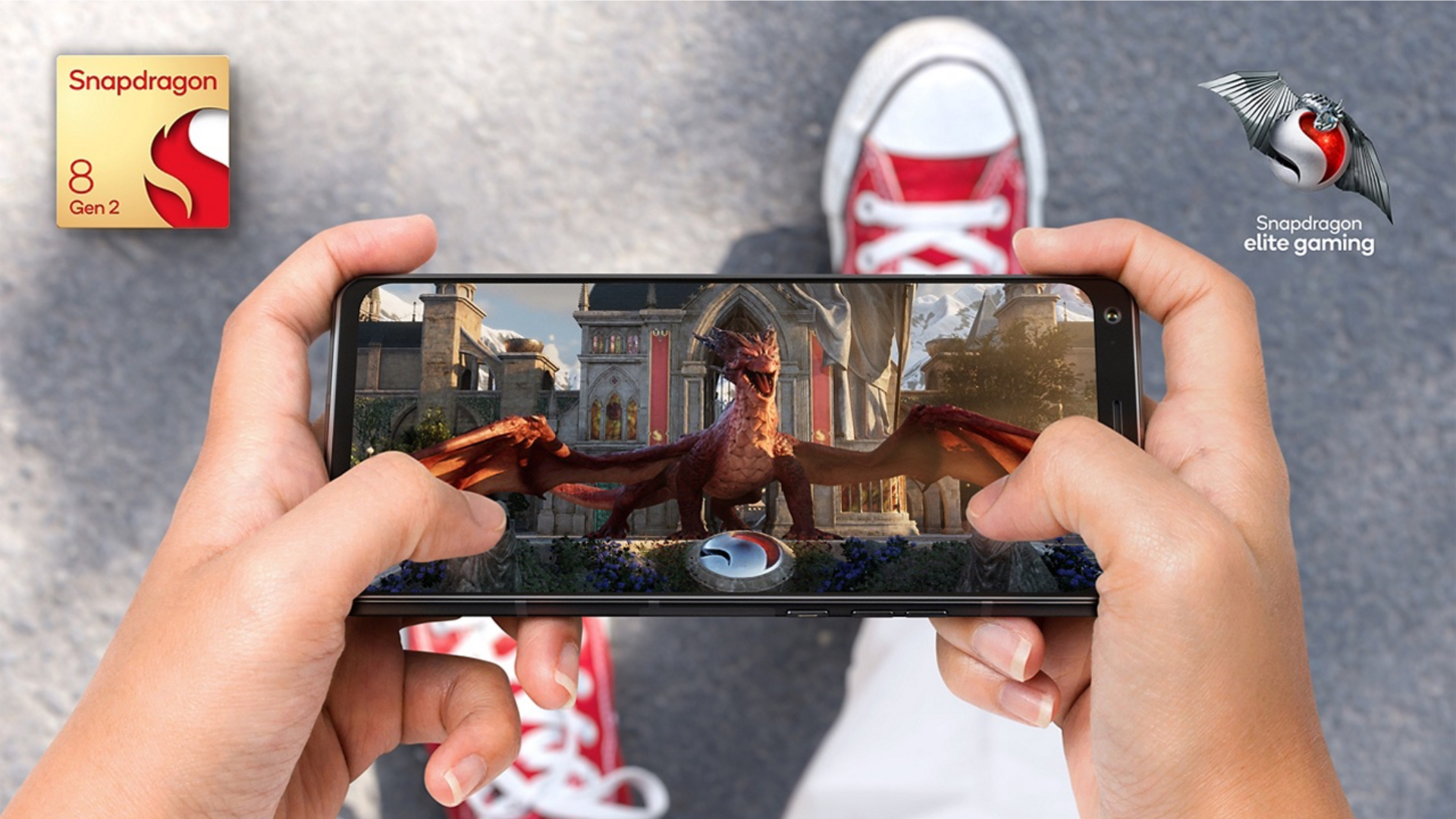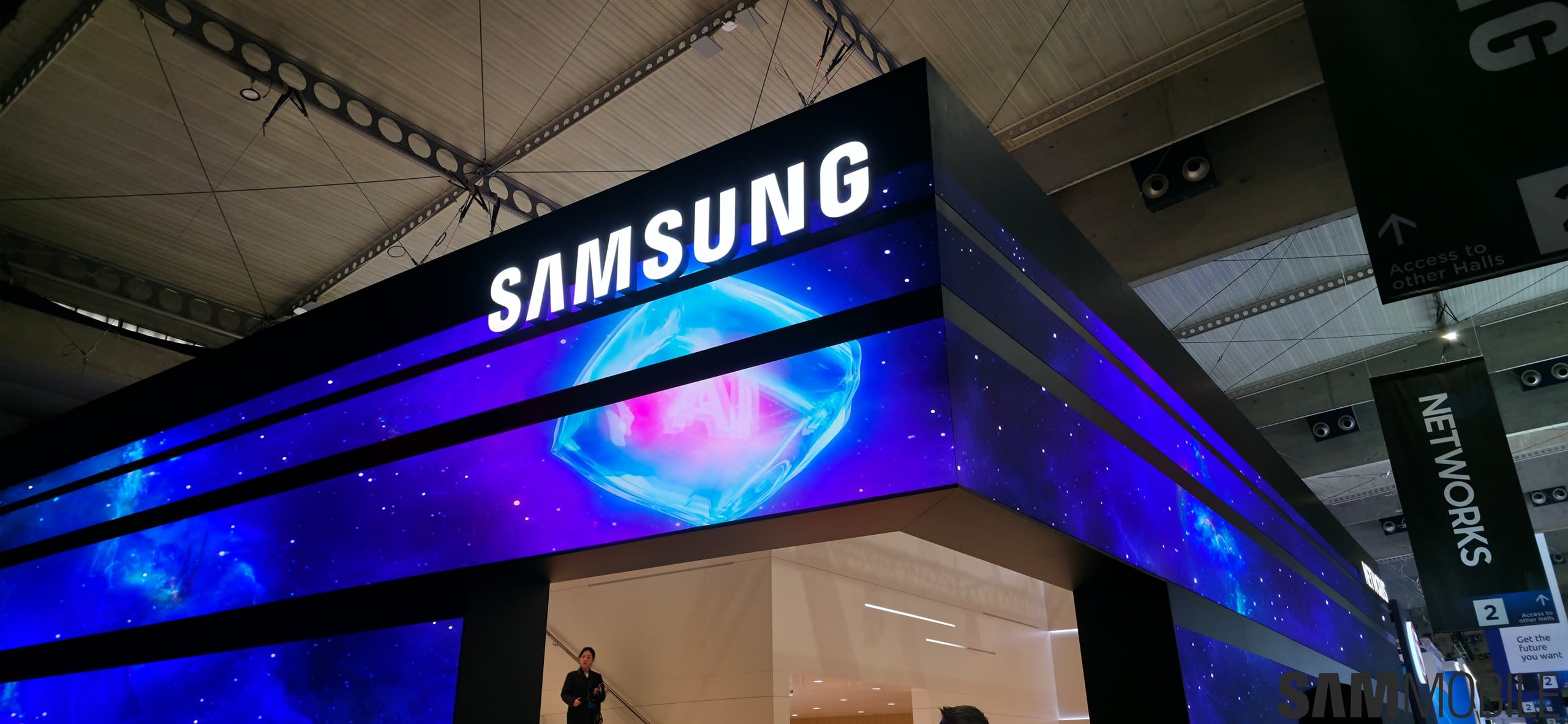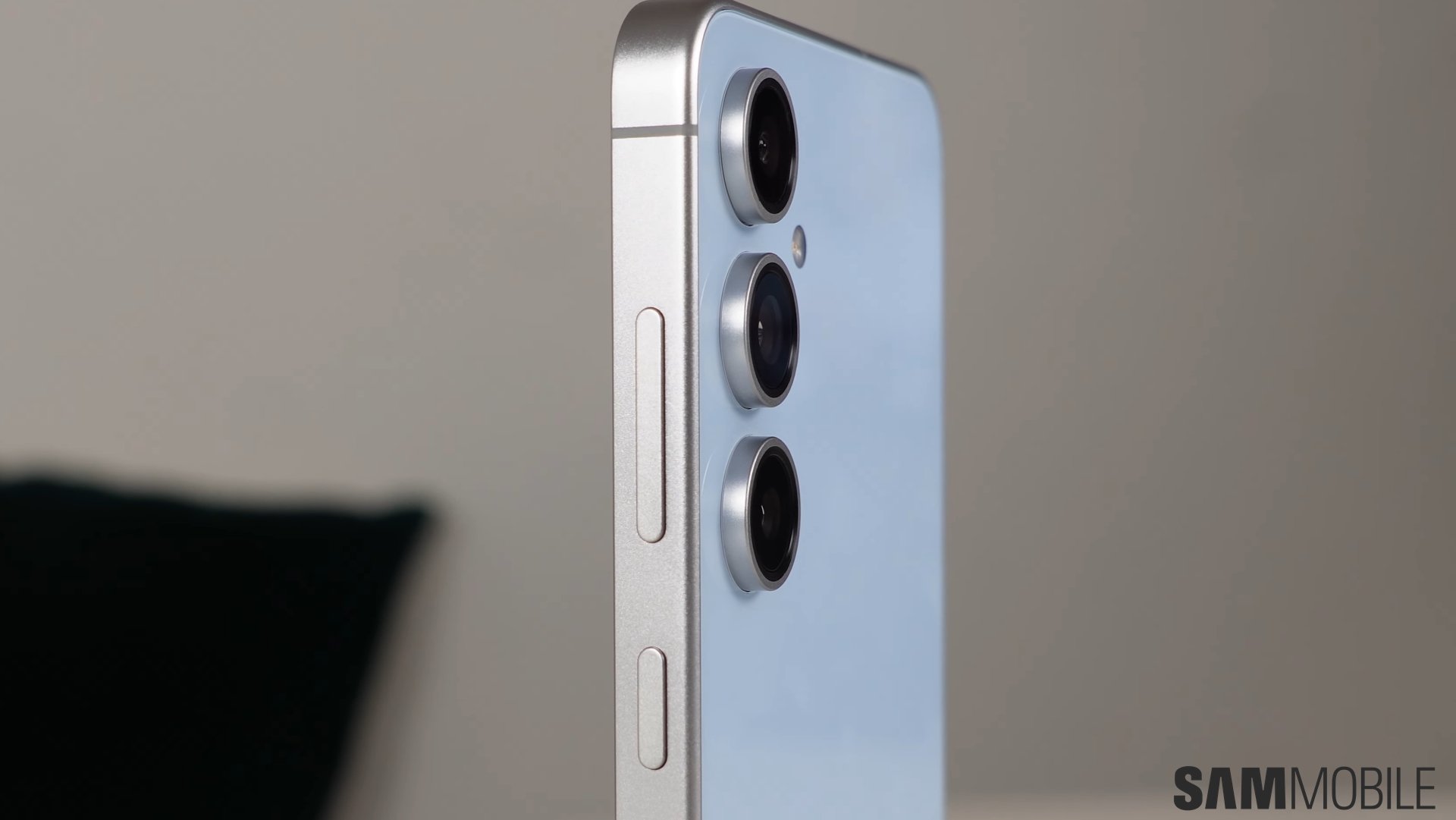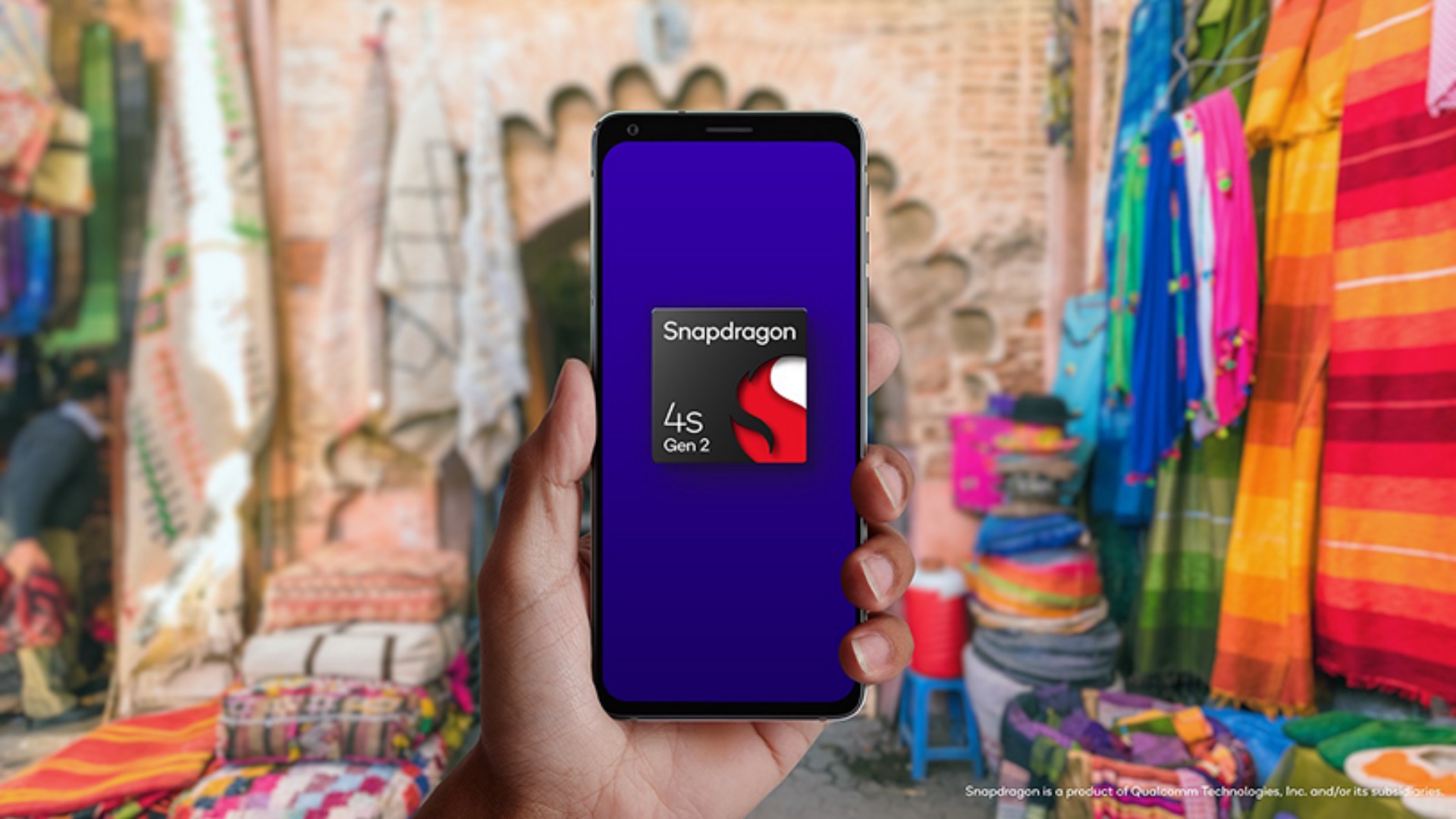
The Snapdragon 8 Gen 2 is made using the same 4nm process node by TSMC as the Snapdragon 8+ Gen 1, but it uses a new CPU and a new GPU. It also brings an improved ISP for better camera capabilities and a faster 5G modem for improved download speeds. The new chipset also supports better wireless connectivity features, including Wi-Fi 7. Qualcomm claims it brings “wire-like” music fidelity over Bluetooth.
Snapdragon 8 Gen 2 vs. Snapdragon 8+ Gen 1 vs. Snapdragon 8 Gen 1: Specifications compared
The Snapdragon 8 Gen 2 uses ARM's new Cortex-X3, Cortex-A715, and Cortex-A510 CPU cores. It brings a unique 1+4(2+2)+3 CPU structure with five high-performance cores and three power-efficient cores. In comparison, previous Snapdragon chipsets have used four high-performance and four power-efficient cores. This unique CPU structure hasn't been used by other brands yet. Qualcomm claims that the CPU performance is 35% up, and power efficiency has been improved by up to 40%.
The new-generation Adreno GPU is 25% faster and 45% more power efficient than the Snapdragon 8 Gen 1. The company hasn't specified how fast its new chipset is compared to the Snapdragon 8+ Gen 1 in terms of graphics performance. It is the first Snapdragon chipset that supports hardware raytracing, similar to the Exynos 2200 and the Dimensity 9200. The chipset can drive QHD+ screens at 144Hz and 4K screens at 60Hz, identical to previous generation chips.
| Snapdragon 8 Gen 2 | Snapdragon 8+ Gen 1 | Snapdragon 8 Gen 1 | |
| Process Node | TSMC 4nm | TSMC 4nm | Samsung Foundry 4nm |
| CPU | 1x Cortex-X3 (3.2GHz), 2x Cortex-A715 (2.8GHz), 2x Cortex-A710 (2.8GHz), 3x Cortex-A510 (2GHz) | 1x Cortex-X2 (3.2GHz), 3x Cortex A710 (2.8GHz), 4x Cortex A510 (2GHz) |
1x Cortex-X2 (3GHz), 3x Cortex-A710 (2.5GHz), 4x Cortex-A510 (1.8GHz) |
| GPU | Adreno 740 With Raytracing | Adreno 730 | Adreno 730 |
| Display Support | QHD+ 144Hz, 4K 60Hz, HDR10, HDR10+, Dolby Vision | QHD+ 144Hz, 4K 60Hz, HDR10, HDR10+, Dolby Vision | QHD+ 144Hz, 4K 60Hz, HDR10, HDR10+, Dolby Vision |
| RAM | LPDDR5X (4,200MHz) | LPDDR5 (3,200MHz) | LPDDR5 (3,200MHz) |
| Storage | UFS 4.0 | UFS 3.1 | UFS 3.1 |
| Camera ISP | 200MP Without Zero Shutter Lag, 3x 36MP/64MP+36MP/108MP With ZSL | 200MP Without Zero Shutter Lag, 3x 36MP/64MP+36MP/108MP With ZSL |
200MP Without Zero Shutter Lag, 3x 36MP/64MP+36MP/108MP With ZSL
|
| Video Recording | 8K 30fps HDR | 8K 30fps HDR | 8K 30fps HDR |
| Video Decoding | 8K 60fps, 4K 120fps HDR, AV1 Codec | 8K 30fps HDR, 4K 120fps HDR | 8K 30fps HDR, 4K 120fps HDR |
| Modem | X70 Modem (mmWave + sub-6GHz), DSDA, 10Gbps Uplink, 3.5Gbps Downlink | X65 Modem (mmWave + sub-6GHz), Dual SIM, 10Gbps Uplink, 3Gbps Downlink |
X65 Modem (mmWave + sub-6GHz), Dual SIM, 10Gbps Uplink, 3Gbps Downlink
|
| GPS | Dual-Frequency L1 + L5 | Dual-Frequency L1 + L5 | Dual-Frequency L1 + L5 |
| Wi-Fi | Wi-Fi 7, Wi-Fi 6E, Wi-Fi 6, Wi-Fi 5, Wi-Fi b/g/n | Wi-Fi 6E, Wi-Fi 6, Wi-Fi 5, Wi-Fi b/g/n | Wi-Fi 6E, Wi-Fi 6, Wi-Fi 5, Wi-Fi b/g/n |
| Bluetooth | Bluetooth 5.3, LE Audio, LC3, aptX, aptX Adaptive, aptX Lossless | Bluetooth 5.2, LE Audio, LC3, aptX, aptX Adaptive, aptX Lossless |
Bluetooth 5.2, LE Audio, LC3, aptX, aptX Adaptive, aptX Lossless
|
| NFC | Yes | Yes | Yes |
| USB | USB 3.1 Type-C With DisplayPort | USB 3.1 Type-C With DisplayPort | USB 3.1 Type-C With DisplayPort |
| Charging | Quick Charge 5, USB PD, 100W | Quick Charge 5, USB PD, 100W | Quick Charge 5, USB PD, 100W |
The Snapdragon 8 Gen 2 supports LPDDR5X RAM, which is quite a bit faster than LPDDR5 RAM in the Snapdragon 8 Gen 1 and the Snapdragon 8+ Gen 1. It also supports UFS 4.0 storage, which Samsung has already started manufacturing. It is much faster than UFS 3.1 chips supported by previous-generation chips. This should improve the overall performance and app/game loading times.
The new chipset can record up to 8K 60fps videos, an improvement over the previous chips' limit of up to 8K 30fps video recording. It also brings support for AV1 codec and 8K 60fps video streaming. Connectivity has improved, too, featuring the X70 5G integrated modem that can hit downlink speeds of up to 10Gbps and uplink speeds of up to 3.5Gbps. The FastConnect 7800 system supports Wi-Fi 7 and Bluetooth for the first time. Qualcomm claims the chip supports wire-like audio performance with a low latency of just 48ms.
Snapdragon 8 Gen 2 offers faster performance and hugely improved power efficiency
Overall, Qualcomm's new processor brings faster performance, hugely improved power efficiency, better sustained performance, shorter app load times, and faster wireless connectivity. Smartphones with the Snapdragon 8 Gen 2 processor, including the Galaxy S23 series, will reach store shelves in early 2023.
















